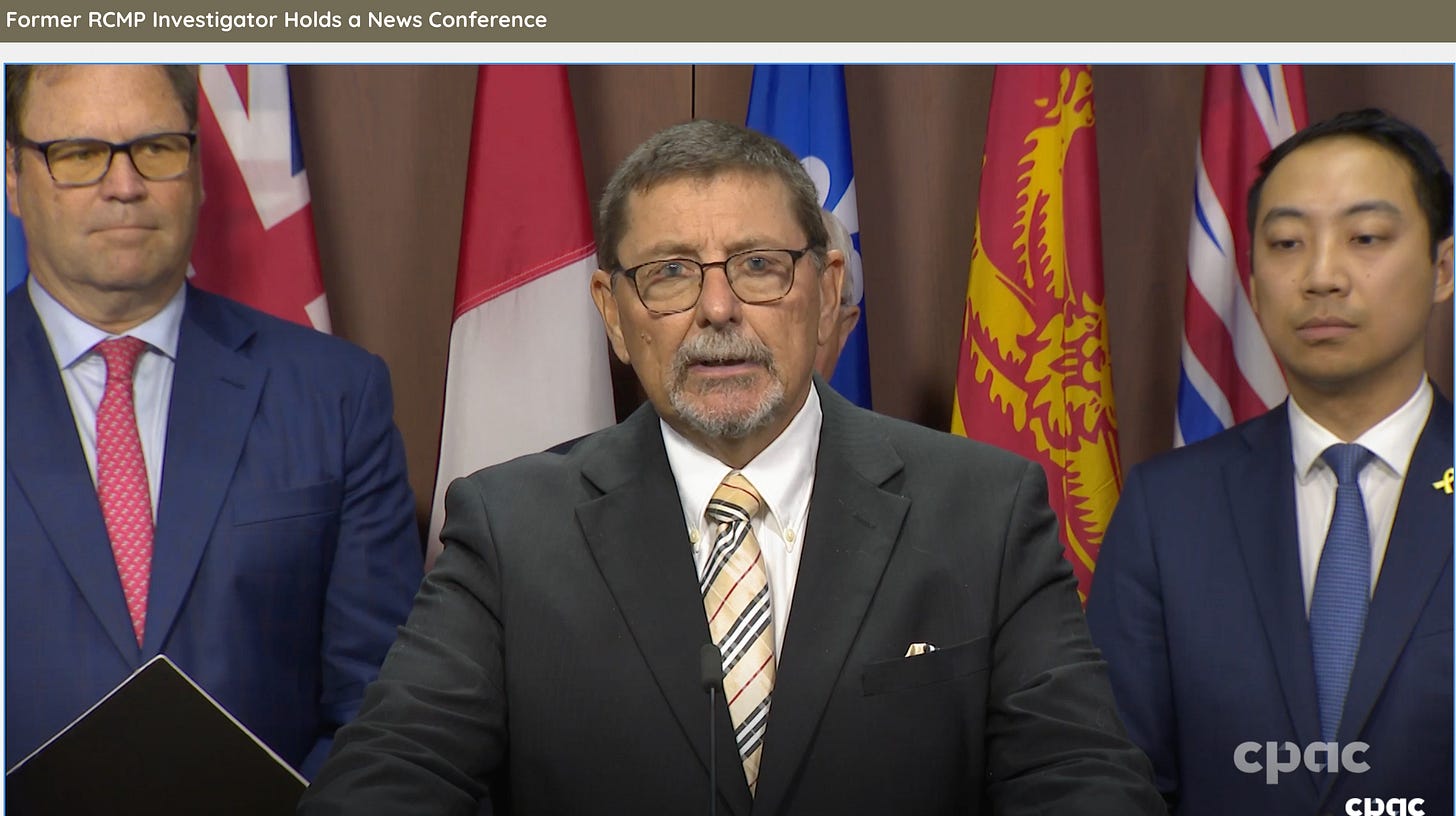On Which Side of History Will You Stand? A Former Mountie’s Challenge to Canada’s Lawmakers
Former RCMP superintendent Garry Clement urges Parliament to back a full federal inquiry into foreign influence and land transactions tied to Beijing’s networks.
By Garry Clement
OTTAWA — When we held the press conference unveiling Canada Under Siege: How P.E.I. Be…



